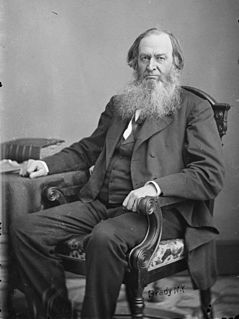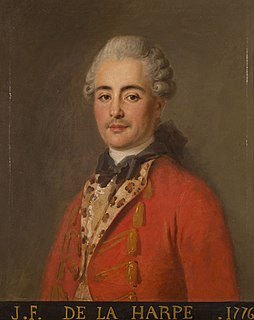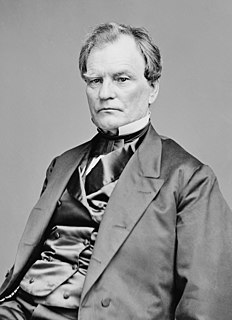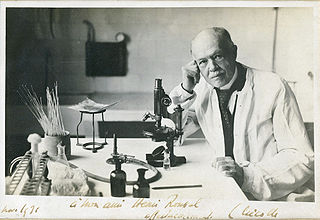Цитата Саади
Тот, кто учится и не использует свои знания, является вьючным животным с кучей книг. Понимает ли осел, несет ли он на спине библиотеку или связку педиков?
Связанные цитаты
Мастер в искусстве жизни делает мало различия между своей работой и своей игрой, своим трудом и своим досугом, своим умом и своим телом, своей информацией и своим отдыхом, своей любовью и своей религией. Он едва ли знает, что есть что. Он просто преследует свое видение совершенства во всем, что делает, предоставляя другим решать, работает он или играет. Для него он всегда делает и то, и другое.
Я сравниваю трудности, с которыми нам приходится сталкиваться в течение года, с огромной связкой ветвей, слишком большой, чтобы мы могли ее поднять. Но Бог не требует, чтобы мы несли все сразу. Он милостиво развязывает узел и дает нам сначала одну палку, которую мы должны нести сегодня, затем другую, которую мы должны нести завтра, и так далее. С этим мы легко справились бы, если бы каждый день брали на себя назначенное нам бремя; но мы предпочитаем усугублять наши проблемы, перенося вчерашнюю палку сегодня и добавляя завтрашнее бремя к нашему бремени до того, как нам придется его нести.
Мы находимся в положении маленького ребенка, входящего в огромную библиотеку, стены которой до потолка увешаны книгами на самых разных языках. Ребенок знает, что кто-то должен был написать эти книги. Неизвестно кто и как. Он не понимает языки, на которых они написаны. Ребенок замечает определенный план в расположении книг, таинственный порядок, которого он не понимает, а лишь смутно подозревает.
И это главный урок, который преподнесли нам наши знания о способе передачи сыпного тифа: человек носит на своей коже паразита, вошь. Цивилизация избавляет его от этого. Стоит человеку регрессировать, если он позволяет себе уподобиться первобытному зверю, вошь снова начинает размножаться и обращается с человеком по его заслугам, как с грубым зверем. Этот вывод пришелся бы по душе горячему сердцу Альфреда Нобеля. Мой вклад в это заставляет меня чувствовать себя менее достойным той чести, которую вы оказали мне от его имени.
Есть три безошибочных способа доставить удовольствие автору, и эти три образуют восходящую шкалу комплиментов: 1 — сказать ему, что вы прочитали одну из его книг; 2, сказать ему, что вы прочитали все его книги; 3, чтобы попросить его позволить вам прочитать рукопись его будущей книги. № 1 признает вас в своем уважении; № 2 признает вас в своем восхищении; № 3 несет вас прямо в его сердце.





































